State Task Force Efforts
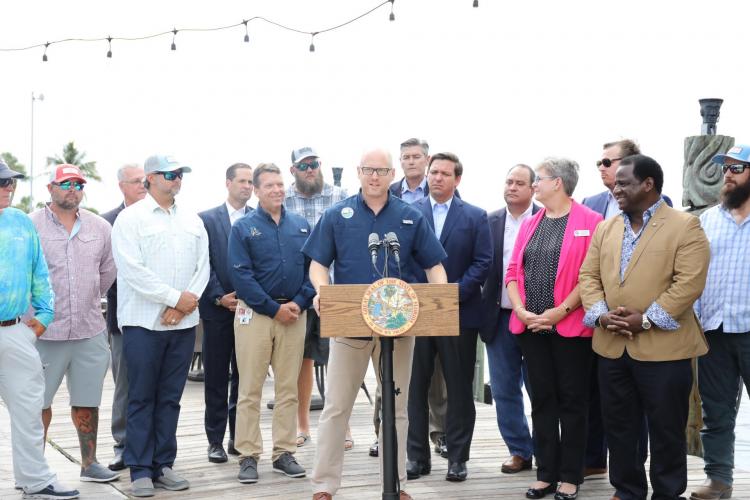
Red Tide Task Force
Under Governor Ron DeSantis’ leadership the Red Tide Task Force, also known as the Harmful Algal Bloom (HAB) Task Force, was re-organized and received funding for the first time in more than 15 years.
Coordination of the Red Tide Task Force and its activities will be carried out by the Florida Fish and Wildlife Conservation Commission (FWC). The task force focuses on the causes of red tide and seeks to provide mitigation solutions, identify research needs, and evaluate other actions intended to address impacts from red tide along with other saltwater based algal blooms.
These efforts will complement those of the Blue-Green Algae Task Force to improve water quality. Science will be at the forefront as they will also work with the new Florida Red Tide Mitigation and Technology Development Initiative, an outgrowth of a long-term partnership between FWC and Mote Marine Laboratory signed into law by Governor DeSantis. That initiative is focused specifically on the development and implementation of technologies to address impacts arising from red tide.
Three million dollars per year was provided by the state for six years (2019-2025) and now annually (2025-2026) to facilitate the continuation of these efforts. Funding supports Mote scientists along with public and private sectors to utilize Mote facilities, infrastructure and technology for the development of prevention, control and mitigation technologies and approaches.
The FWC’s Fish and Wildlife Research Institute additionally administers a Harmful Algal Bloom (HAB) Grant Program. The program supports projects that address priority recommendations of the HAB Task Force. Approximately $600,000 per year is distributed annually through competitive or targeted solicitations.
Governor DeSantis’ Executive Order directed DEP to participate in the Red Tide Task Force to provide technical expertise and assistance studying causes and impacts of red tide. The Florida Department of Health is also directed to participate in the Red Tide Task Force to help study air quality and human health impacts of red tide.
Governor DeSantis announced the appointment of 11 expert researchers and leading scientists to the Red Tide Task Force on Aug. 2, 2019.
Progress on Priority Recommendations
Upcoming Meeting(s)
Dec. 9, 2025. (Reschedule from Sept. 10, 2025). In person or online.
9:00 a.m.
Fish and Wildlife Research Institute
100 8th Ave SE, St. Petersburg, FL 33701
Future Meeting(s)
Feb. 2026.
Previous Meeting(s)
-
June 10, 2025
Meeting Materials
-
Feb. 25, 2025
Meeting Materials
-
Dec. 5, 2024
Meeting Materials
-
Nov. 6, 2024
Meeting Materials
-
August 15, 2024
Meeting Materials
-
April 26, 2024
Meeting Materials
-
Jan. 30, 2024
-
Oct. 17, 2023
-
July 26, 2023
9 a.m.
Fish and Wildlife Research Institute
100 8th Ave SE, St. Petersburg, FL, 33701Meeting Materials:
-
April 4, 2023
-
January 17, 2023
-
July 7, 2022
-
Jan. 26, 2022
This meeting is open to the public by remote access.
Meeting Materials:
- Agenda
- Progress and Recommendations Regard Red Tide (Karenia brevis) Blooms (December 2021)
- Florida Red Ride Mitigation and Technology Development Initiative 37.2273(2)(d): Accomplishments and Priorities Report (January 2022)
- 2020/2021 Bloom Overview With a Focus on Tampa Bay (presentation by Kate Hubbard)
- Florida Red Tide Mitigation and Technology Development Initiative (presentation by Kevin Claridge)
- Indian River Lagoon (presentation by Charles Jacoby)
- Indian River Lagoon HAB and Restoration Efforts 2.0 (presentation by Duane De Freese)
- Long-term Management of Nutrients into the Tampa Bay Estuary to Support Ecosystem Recovery (presentation by Ed Sherwood)
- Video Archive
-
Nov. 4, 2021
This meeting was open to the public by live stream.
Meeting Materials
-
Oct. 6, 2021
This meeting was open to the public by live stream.
Meeting Materials
-
Sept. 15, 2021
-
July 14, 2021
This meeting was open to the public by live stream.
Meeting Materials
- April 6, 2021
- Jan. 13, 2021
- Oct. 8, 2020
- June 24, 2020
-
April 22, 2020
Fish and Wildlife Research Institute
100 8th Ave SE, St. Petersburg, FL 33701Meeting Materials
-
Jan. 23, 2020
Fish and Wildlife Research Institute
100 8th Ave SE, St. Petersburg, FL 33701 -
Jan. 13, 2020
Fish and Wildlife Research Institute
100 8th Ave SE, St. Petersburg, FL 33701 -
Dec. 10, 2019
University of South Florida St. Petersburg
Room DAV130, 140 7th Avenue S, St. Petersburg, FL 33701Meeting Materials
-
Sept. 19, 2019
Fish and Wildlife Research Institute
100 8th Ave SE, St. Petersburg, FL 33701Meeting Materials
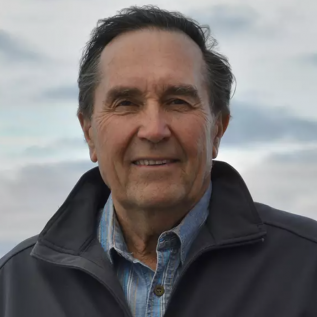
Dr. Donald Anderson
Dr. Don Anderson is a senior scientist in the Biology Department of the Woods Hole Oceanographic Institution. He earned three degrees from MIT – a B.S. in mechanical engineering, and a M.S. and Ph.D. in civil and environmental engineering. Dr. Anderson is the former director of WHOI’s Coastal Ocean Institute, and presently serves as director of the Cooperative Institute for North Atlantic Research.
Dr. Anderson also serves as director of the U.S. National Office for Harmful Algal Blooms.
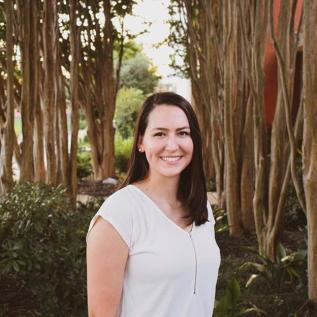
Emily Cooley
Emily Cooley joined the Florida Department of Health in August 2022 as an Environmental Consultant in the Bureau of Environmental Health’s Aquatic Toxins Section, where she is responsible for building on partnerships and collaborations to assist with relaying public health information related to harmful algal blooms (HABs). She has a B.S. and a M.S. in Biochemistry from Mississippi State University, with a special focus in plant biochemistry and cellular biology. Prior to coming to Florida, she worked as a contracted Research Scientist for the U.S. Army Corps of Engineers in Vicksburg, Mississippi, where she researched freshwater HABs.
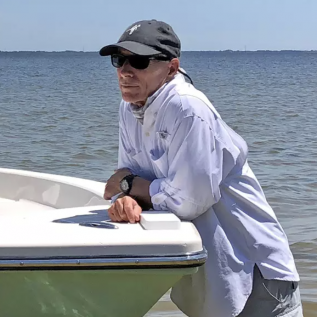
Dr. Duane De Freese
Dr. Duane De Freese currently serves as the executive director of the Indian River Lagoon Council, an independent Special District of Florida and the Indian River Lagoon National Estuary Program.
Dr. De Freese holds a B.S. degree in zoology from the University of Rhode Island and M.S. and Ph.D. degrees in marine biology from Florida Institute of Technology.
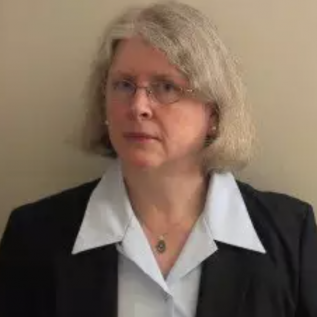
Dr. Quay Dortch
Dr. Quay Dortch currently manages two National Atmospheric and Oceanic Administration programs that provide federal funding for research on the causes and impacts and prevention, control and mitigation of harmful algal blooms.
Dr. Dortch received her B.A. in chemistry from Randolph-Macon Woman’s College, M.S. in chemistry from Indiana University and Ph.D. from the University of Washington in Oceanography.
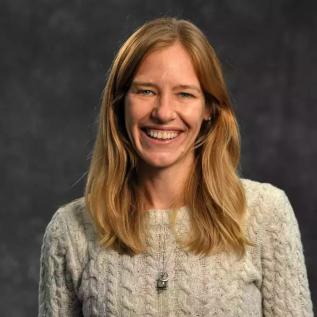
Dr. Katherine Hubbard
Dr. Kate Hubbard leads Florida Fish and Wildlife Conservation Commission (FWC) - Fish and Wildlife Research Institute's harmful algal bloom (HAB) monitoring and research program and since 2020, directs FWC’s Center for Red Tide Research. She works closely with a broad network of international, federal, regional, state, county, academic, nonprofit, industry, and citizen partners to sustain and advance HAB monitoring and research.
Dr. Hubbard received a B.A. in biology from New College of Florida and earned both her M.S. and PhD in biological oceanography from the University of Washington.
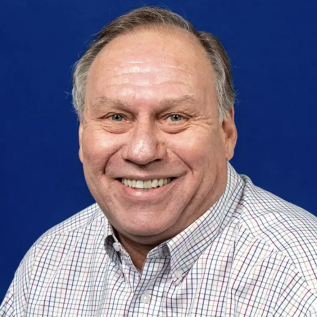
Dr. Charles Jacoby
Dr. Charles Jacoby is the supervising environmental scientist for the Estuaries Section at the St. Johns River Water Management District.
Dr. Jacoby has over 40 years of experience in designing, conducting and interpreting research that guides management of natural resources, and he has led or co-led projects worth over $30 million.
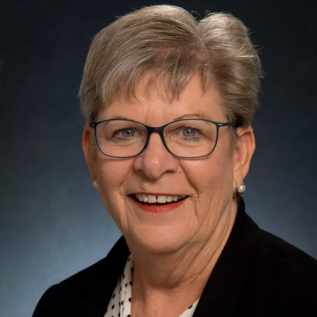
Dr. Barb Kirkpatrick
Dr. Barbara Kirkpatrick is the executive director for the Gulf of Mexico Coastal Ocean Observation System. She has more than 35 years of experience in human and environmental epidemiology.
She started her career as a respiratory care supervisor at Duke University Medical Center before going on to receive a master’s degree in health occupations education at North Carolina State University and a doctorate in educational leadership from the University of Sarasota.
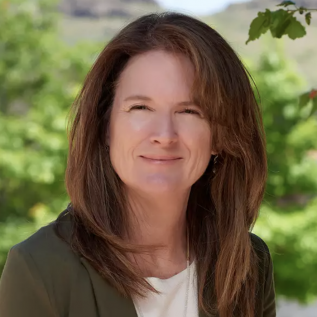
Dr. Sherry Larkin
Dr. Sherry Larkin is a natural resource and environmental economist tenured in the Food and Resource Economics Department at the University of Florida. Her main area of interest involves projects relating to the sustainable use of marine resources.
She earned her Ph.D. in agricultural and resource economics from Oregon State University and has been a faculty member at UF/IFAS since 2000.
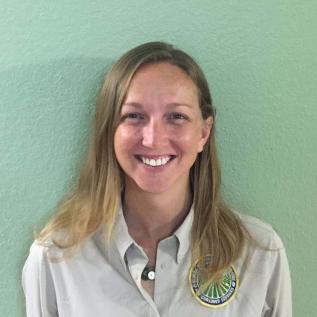
Michelle Smith
Michelle Smith has a B.S. in Biology from Texas A&M University – Corpus Christi. Her career has taken her to various locations around the country before joining Florida Fish and Wildlife Conservation Commission’s Fisheries Dependent Monitoring Section in 2011. She joined the Florida Department of Agriculture and Consumer Services in 2015 as an Environmental Specialist in the Division of Aquaculture. Michelle is currently the Environmental Administrator for the Division of Aquaculture’s Shellfish Harvesting Area Classification Program (SHACP). The SHACP is responsible for monitoring water quality to ensure harvested shellfish are safe for public consumption, including monitoring and responding to harmful algal blooms.
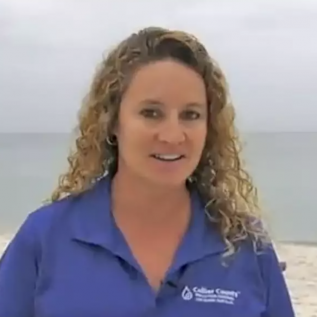
Rhonda Watkins
Rhonda Watkins is a principal environmental specialist with Collier County Pollution Control. She has been monitoring red tide for nearly 26 years and has participated in various research programs and grant panels involving red tide.
She holds a bachelor’s degree in biology from Wittenberg University with focused studies in limnology and aquatic biology including special studies in oceanography and marine biology completed at Duke University.

David Whiting
David Whiting works for the Florida Department of Environmental Protection as the deputy director over the laboratory and water quality standards programs within the Division of Environmental Assessment and Restoration.
Dave has a B.A. degree in fisheries and wildlife management and a M.A. in ecology from the University of Missouri-Columbia.